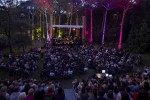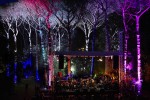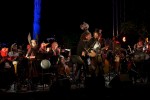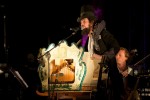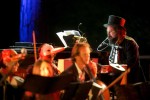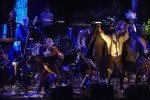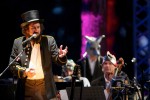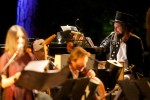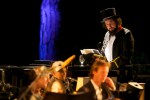Ravenna Festival

IL CARNEVALE DEGLI ANIMALI E ALTRE BESTIE D’AMORE
What would Saint-Saëns think if he saw his Carnaval des animaux combined with the songs by histrionic Capossela? Saint-Saëns, a most serious composer, the founder of the Société Nationale de Musique for the promotion of French music with the motto “Ars Gallica”, had composed the Carnaval in 1887 as a piece of fun for private performance on Shrove Tuesday. The work is packed with parodistic references to Offenbach, Berlioz, Rossini and Saint-Saëns himself, and the author, afraid it would harm his image as a “serious” composer, suppressed it from public performance during his lifetime. Yet animals are very important: not in a superficial, trendy, “eco-chic” sense, but for their ancestral symbolic and material meaning, celebrated by medieval bestiaries and modern singer-songwriters alike.
In collaborazione con:



